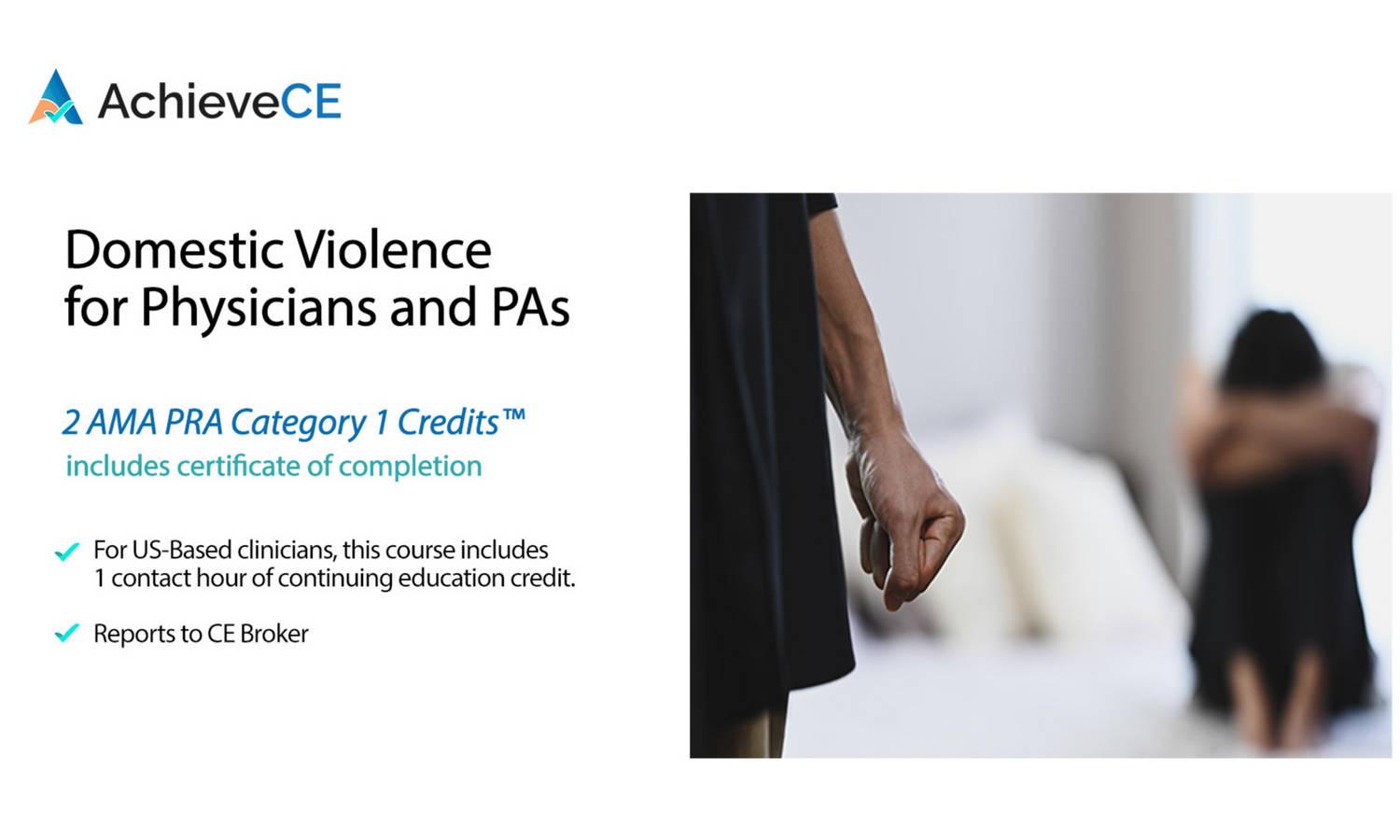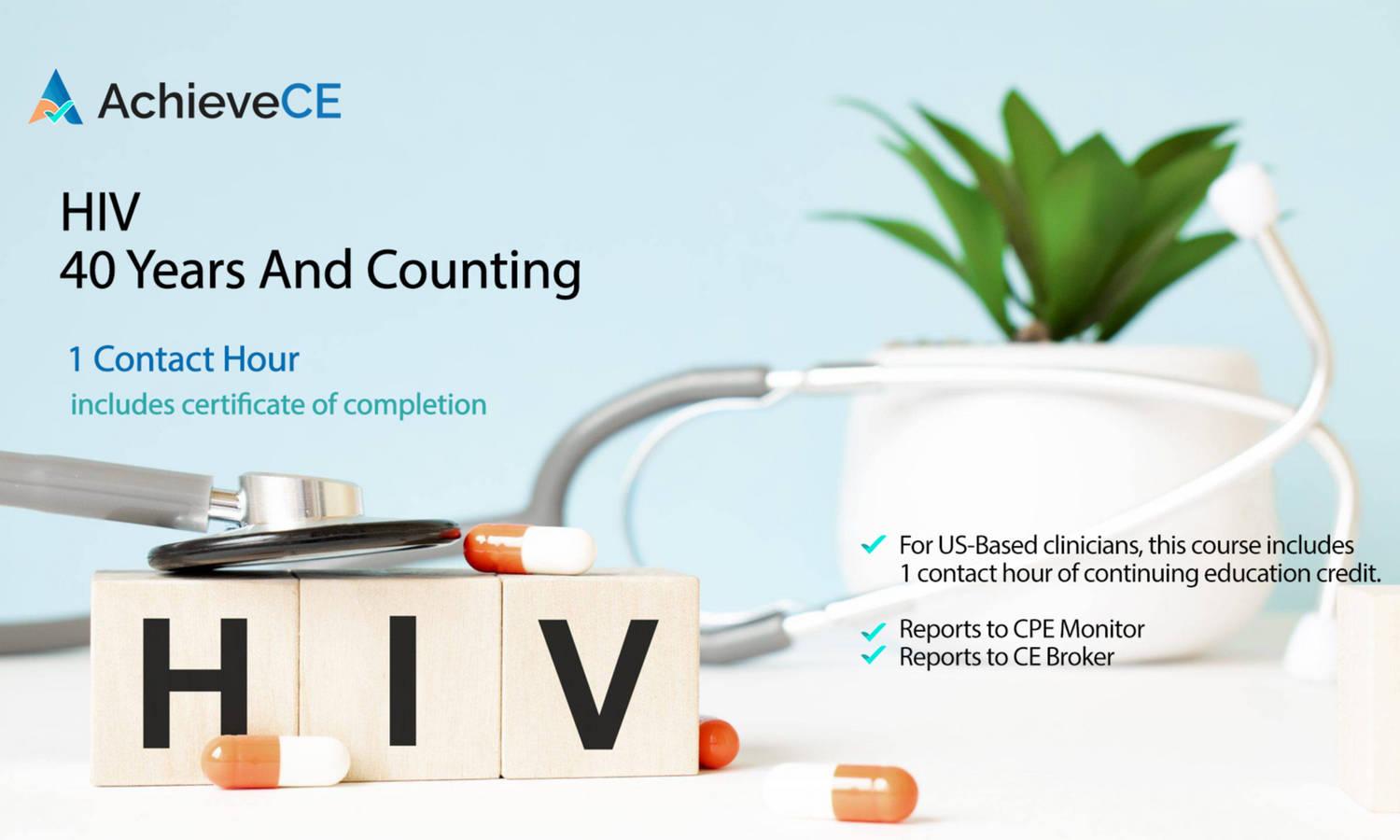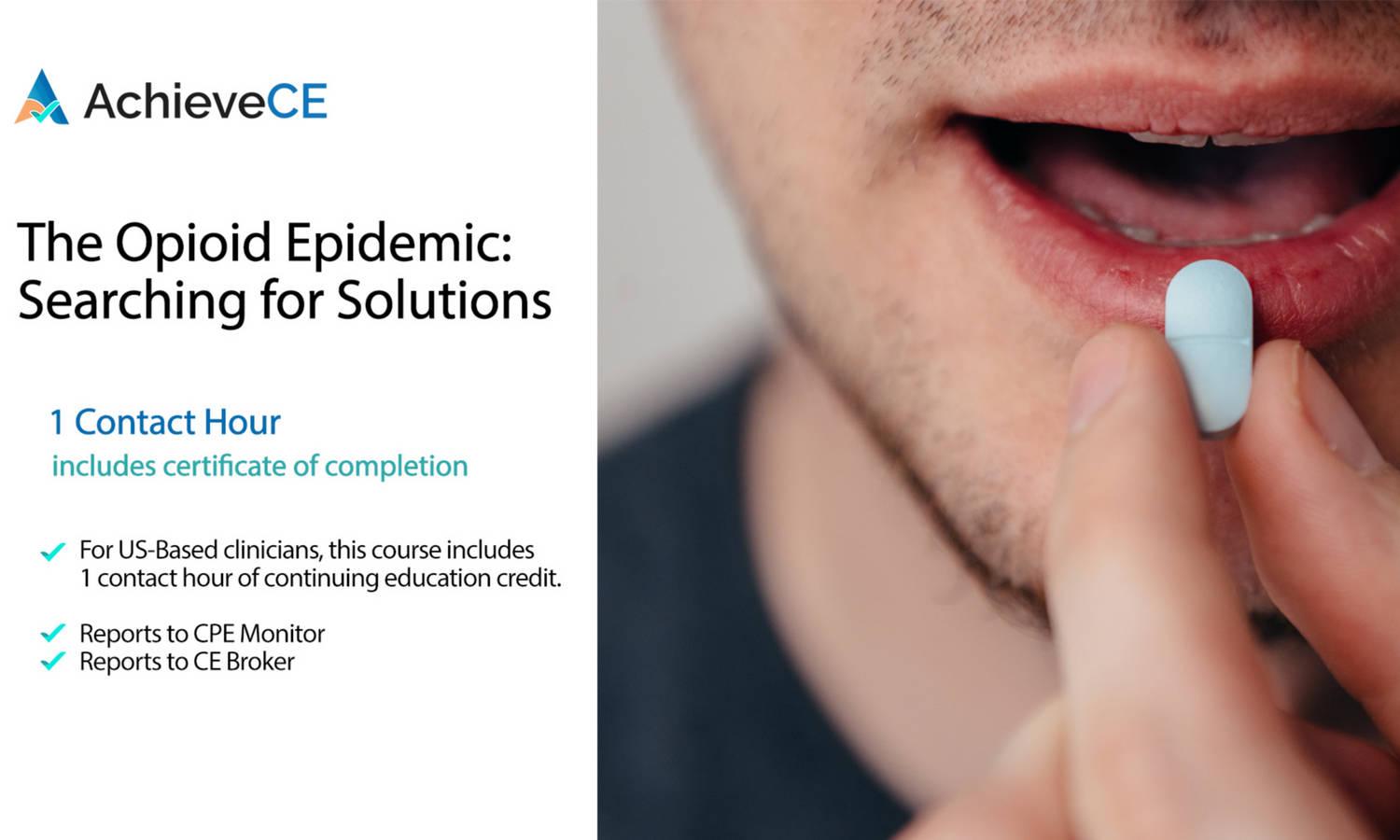
Empathetics Bundle Course
Empathetics Bundle Course is organized by American Academy of Physician Associates (AAPAs).
Expires: October 31, 2024
Courses:
Purchase the bundle and save or click the titles below to purchase separately.
• Enhancing Empathy in Healthcare | 1.0 AAPA Category 1 CME Credit
• Managing Difficult Medical Interactions| 1.0 AAPA Category 1 CME Credit
• Communicating Bad News | 1.0 AAPA Category 1 CME Credit
• Informed Consent and the Pre-operative Conversation | 1.0 AAPA Category 1 CME Credit
Description:
Gain knowledge on how to improve the patient and clinician experience. Empathetic self-paced online courses are based on extensive and novel clinical research conducted at Massachusetts General Hospital. The courses provide insights into how humans process emotions and teach practical attitudes and skills to improve interpersonal communications. Each course includes a video with rich and interactive content. Empathetic is a collaboration between AAPA and Empathetics, Inc. Purchase the bundle and saves or click the titles below to purchase separately. You might also like The Power of Empathy in Healthcare article in AAPA's News Central.
Learning Objectives:
• Define empathy
• Describe the immediate and long-term rationale for improving empathic communication in medicine
• List challenges to empathy
• Identify empathic responses to patient interactions
• Define the four components of empathy
• Describe the importance of empathy in clinical settings
• Identify empathic responses to challenging medical interactions
• Describe the spectrum of bad news and domains of identity affected
• List common patient concerns when receiving bad news
• Identify language tools and empathic statements to aid in communicating bad news
• Apply the "A VIP" Model in communicating bad news (Alliance, Viewpoint, Imbue Empathy, Plan)
• Approach communicating bad news with the E.M.B.R.A.C.E. Model
• Be able to explain the importance of informed consent as the basis of modern medical ethics
• Explain informed consent as a core clinical procedure
• Identify how informed consent improves the healthcare experience for patients, their surrogates, and healthcare providers
• Understand the factors that influence the management of patient expectations, uncertainty, and anxiety
• Demonstrate best practices in all pre-operative conversations with patients and their surrogates
• Understand the relationship between informed consent and the risk of medical malpractice litigation








